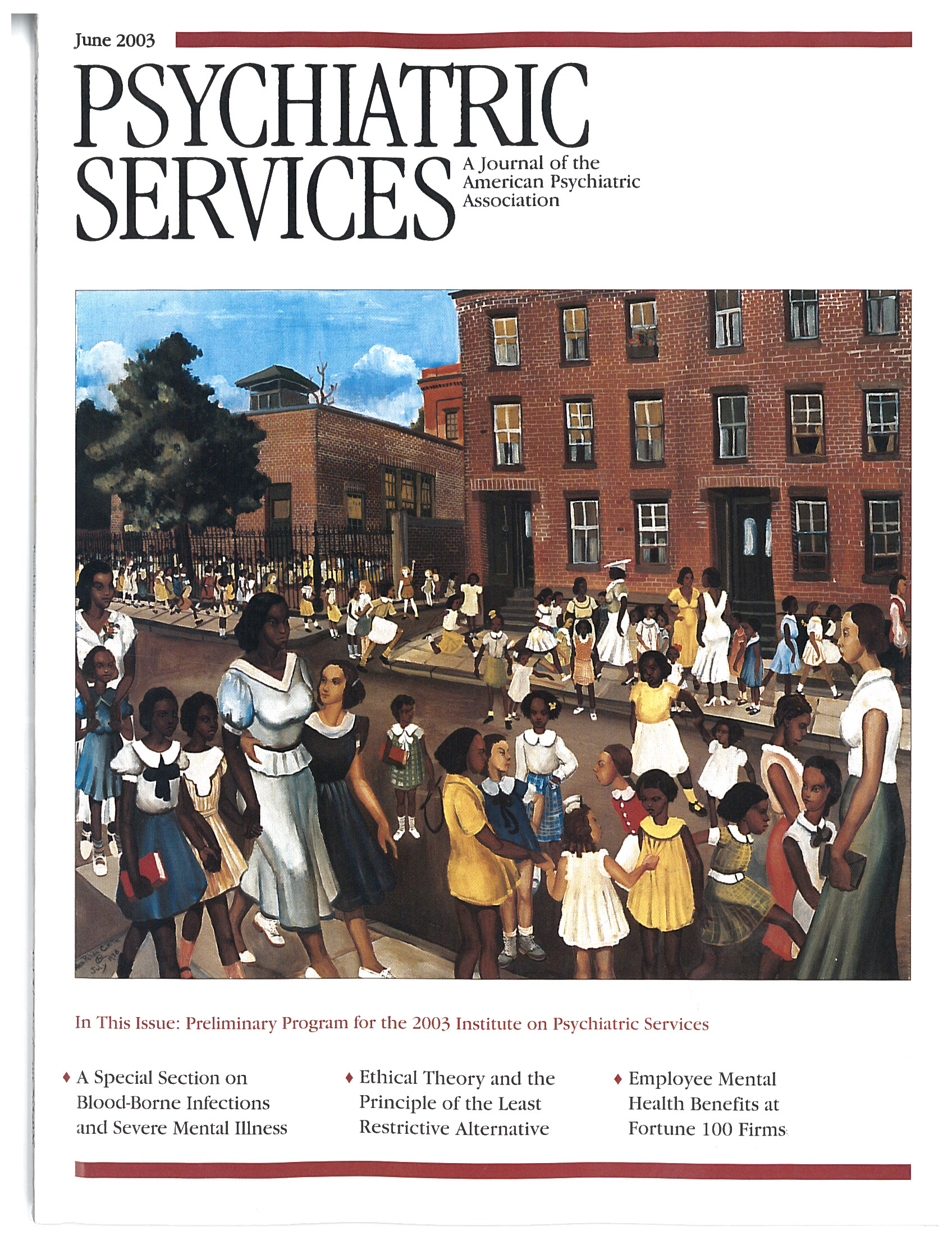The Effect of Housing Interventions on Neuropsychological Functioning Among Homeless Persons With Mental Illness
Abstract
The authors tested the hypotheses that neuropsychological functioning would improve after homeless persons with severe and persistent mental illness were provided with housing and that executive functioning would improve more among those placed in group homes than among those placed in independent apartments. A total of 114 persons with serious and persistent mental illness who were stable residents of homeless shelters completed neuropsychological testing and were randomly assigned to group homes or independent apartments; 91 participants (52 assigned to group homes and 39 assigned to independent apartments) were retested after 18 months. Overall neuropsychological functioning improved significantly across the full study sample. Executive performance, measured by the Wisconsin Card Sorting Test, decreased significantly among persons assigned to independent apartments and increased, but not significantly, among those assigned to group homes. The findings suggest that providing housing for persons who have severe and persistent mental illness improves cognitive functioning but that independent living may diminish executive functioning.



